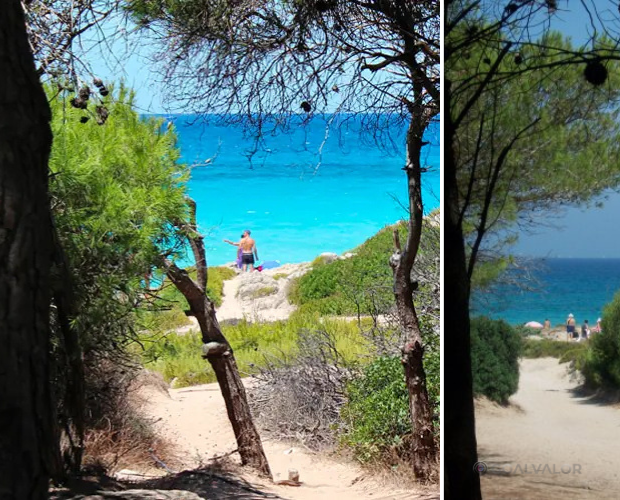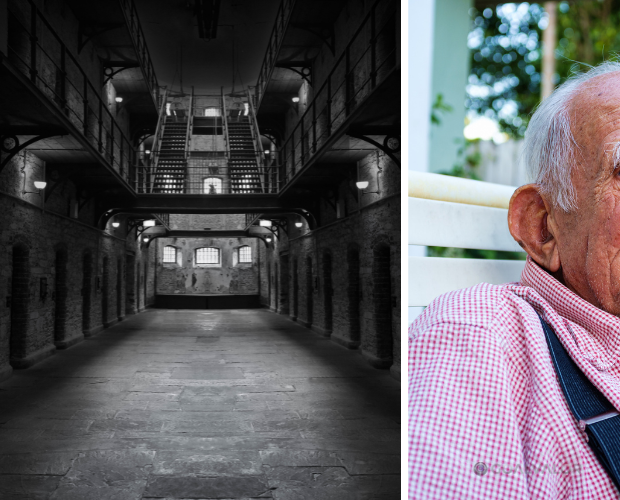Erik Prince in Ecuador: Radical Solution or Dangerous Game Against Narco-Terrorism?
Erik Prince, the controversial former founder of Blackwater, has arrived in Ecuador with a mission that sounds like something out of an action movie: "to confront narco-terrorism." While the Ecuadorian government applauds this "historic chapter" in the country's security, the arrival of the security advisor generates as much anticipation as concern.
What’s happening?
Prince and his team have arrived in Ecuador to train and advise local security forces. In recent operations in Guayaquil, homes were raided and dozens of people were detained, actions that the government describes as part of a broader strategy to combat organized crime. But, as always, behind the striking images lies a debate full of nuances.
Pros of Erik Prince’s Arrival
✓Elite Training:
The presence of a security expert could offer innovative tactics and high-level training for Ecuadorian forces, equipping them with new tools to effectively confront narco-terrorism.
✓Disruptive Approach:
In a country battling an expanding organized crime system, Prince’s arrival symbolizes a paradigm shift. His unconventional approach may shake up outdated structures and open the door to more aggressive strategies.
✓ Strategic Alliance:
Collaboration with international advisors can foster closer cooperation between Ecuador and foreign powers, bringing resources and technology to improve national security.
Cons of Erik Prince’s Arrival
❌ Controversy and Political Risks:
Prince’s figure is shrouded in controversy. His history and methods have generated criticism and, for some, represent a risk to the country’s sovereignty and political stability. Is it wise to rely on an advisor with such a turbulent past?
❌ Excessive Militarization:
The presence of foreign advisors might be interpreted as an escalation in militarization, which can lead to social tensions and a perception of “intervention” that undermines the State’s role in protecting its citizens.
❌Uncertain Future:
In an electoral context so close at hand, Prince’s arrival may have unforeseen consequences. The strategy against narco-terrorism, however necessary it may seem, could be compromised by political and economic interests that, in the long term, affect Ecuador’s image and independence.
Final Reflection
Erik Prince in Ecuador is undoubtedly a divisive topic. On one hand, his initiative to modernize and strengthen national security through disruptive strategies is praised. On the other, many question whether this is the right moment to resort to such radical methods in a country with a complex political and social history.
What do you think? Is Prince’s boldness the solution Ecuador needs to confront narco-terrorism, or does it represent a risk that could worsen an already delicate situation? The answer is not simple, and only time will tell whether this historic chapter will turn into a success story or a dangerous game.









